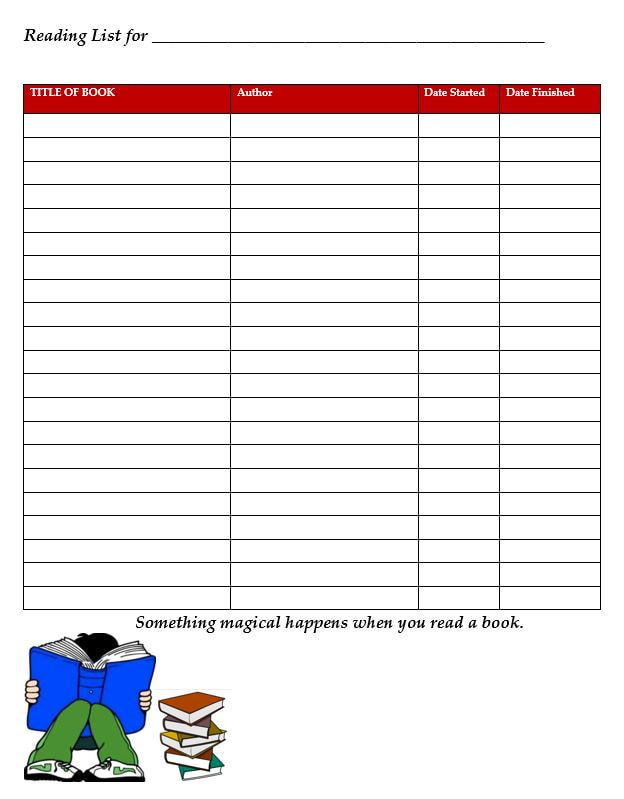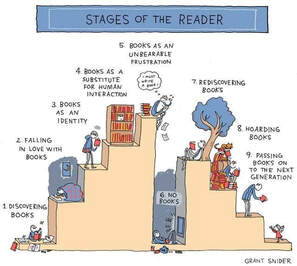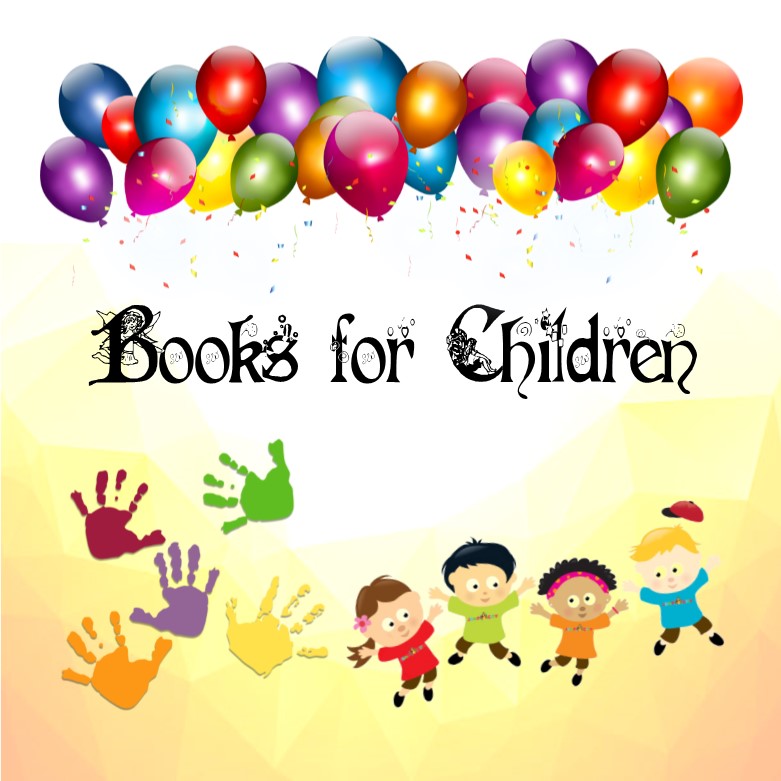
I patiently stepped in and coached them. “All you have to do is count up from what I owe you, $3.42 to the amount I gave you, $5.00. Start with the 42 cents and get three pennies – 43, 44, 45. Then a nickel will bring it up to 50 cents and two quarters will make four dollars, and another single with bring it up to $5.00.” Heaven help us if I’d given her $5.02!
What hurts me the most is seeing someone who struggles with reading. Not being able to figure out an unrecognizable word makes understanding the text so difficult. About a year ago, I wrote an article about the current method, originally called three-cueing but now referred to as Reading Recovery, used in public schools to teach reading. Instead of being taught to sound out words, students are supposed to pick up cues from the accompanying picture. Unfortunately, after first grade, the pictures get few and far between. Then it's up to the child to predict (guess) what the word could be from how it is used in the text. If the sentences make sense, the reader must be getting the words right, or right enough.
It Doesn’t Work, People! Its disastrous results have been proven countless times in studies and statistics. According to the National Assessment of Educational Progress, 32 percent of fourth-graders and 24 percent of eighth-graders aren't reading at a basic level. Fewer than 40 percent are proficient or advanced. But for some reason, this teaching method is still accepted.
I heard a report on NPR (National Public Radio) that rekindled my pet peeve, yet gave hope that reading instruction may go back to actually teaching kids how to read. School districts across the country are dropping Reading Recovery and taking a more science-based approach that focuses on the sounds of letters and how to figure out what the mystery word is.
My faith has been restored. Hopefully, more school systems will switch. Face it, all learning is centered on reading. With the gradual re-direction to phonics, maybe students will improve in other subjects, and teachers will be encouraged to teach more than just the test.
Check out this NPR interview from last December. Hopefully, it’ll make you think seriously about this issue.




















 RSS Feed
RSS Feed